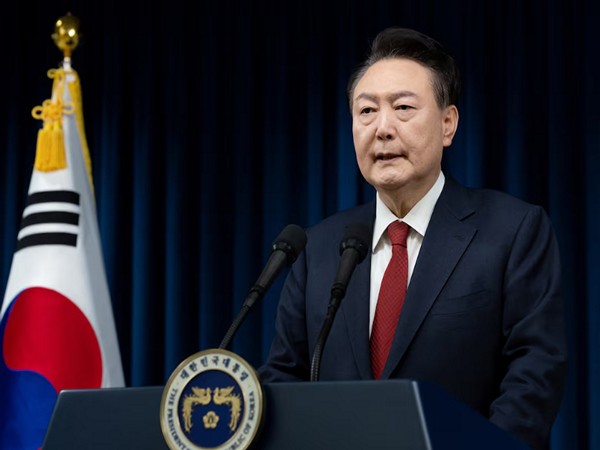Yoon Suk Yeol Faces Constitutional Crisis Amid Martial Law Controversy
South Korean President Yoon Suk Yeol has been impeached over his attempt to impose martial law. While his duties are suspended, his position as president remains until the Constitutional Court reaches a decision. Certain benefits and powers continue, while others are transferred to Acting President Prime Minister Han Duck-soo.

- Country:
- South Korea
South Korean President Yoon Suk Yeol has been impeached following his controversial attempt to impose martial law. Although stripped of duties and powers, Yoon remains in office as the Constitutional Court deliberates his future. Constitutional statutes outline the specifics of his suspended and retained powers.
The most significant shift is the transfer of Yoon's main constitutional powers to Acting President Prime Minister Han Duck-soo, a Yoon-appointee. This includes authority over diplomatic treaty signings, appointments in foreign affairs, and the power to initiate referendums on defense and unification issues. Yoon also loses the unilateral ability to declare martial law, command military forces, or declare war.
Despite his suspension, Yoon enjoys several privileges as president. He can reside in the official residence, use the presidential motorcade and aircraft, and maintain presidential security. His annual salary of 255 million won will remain intact. If ultimately removed, he would lose retirement perks, though he retains security protection without further financial support. ($1 = 1,434.0300 won)
(With inputs from agencies.)
ALSO READ
On pardons, Biden weighs whether to flex presidential powers in broad new ways
Zambia's Constitutional Court Rules on Edgar Lungu's Presidential Eligibility
Constitutional Court Bars Zambian Ex-president from Another Term
South Korea's Presidential Crossroads: Constitutional Court Holds Yoon's Fate
South Korea's Political Turmoil: Calls for Swift Constitutional Court Decision










